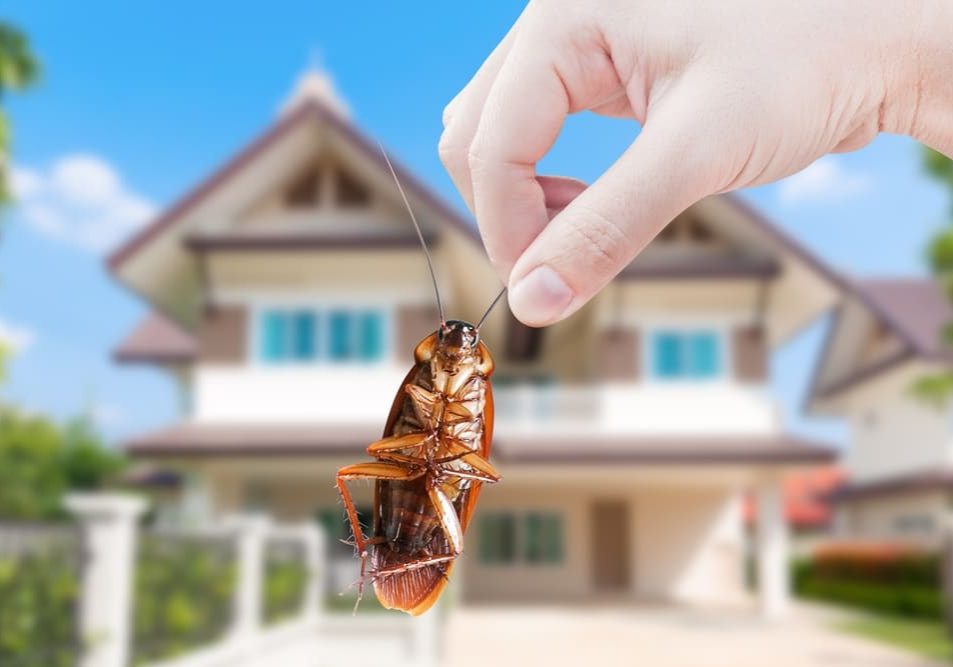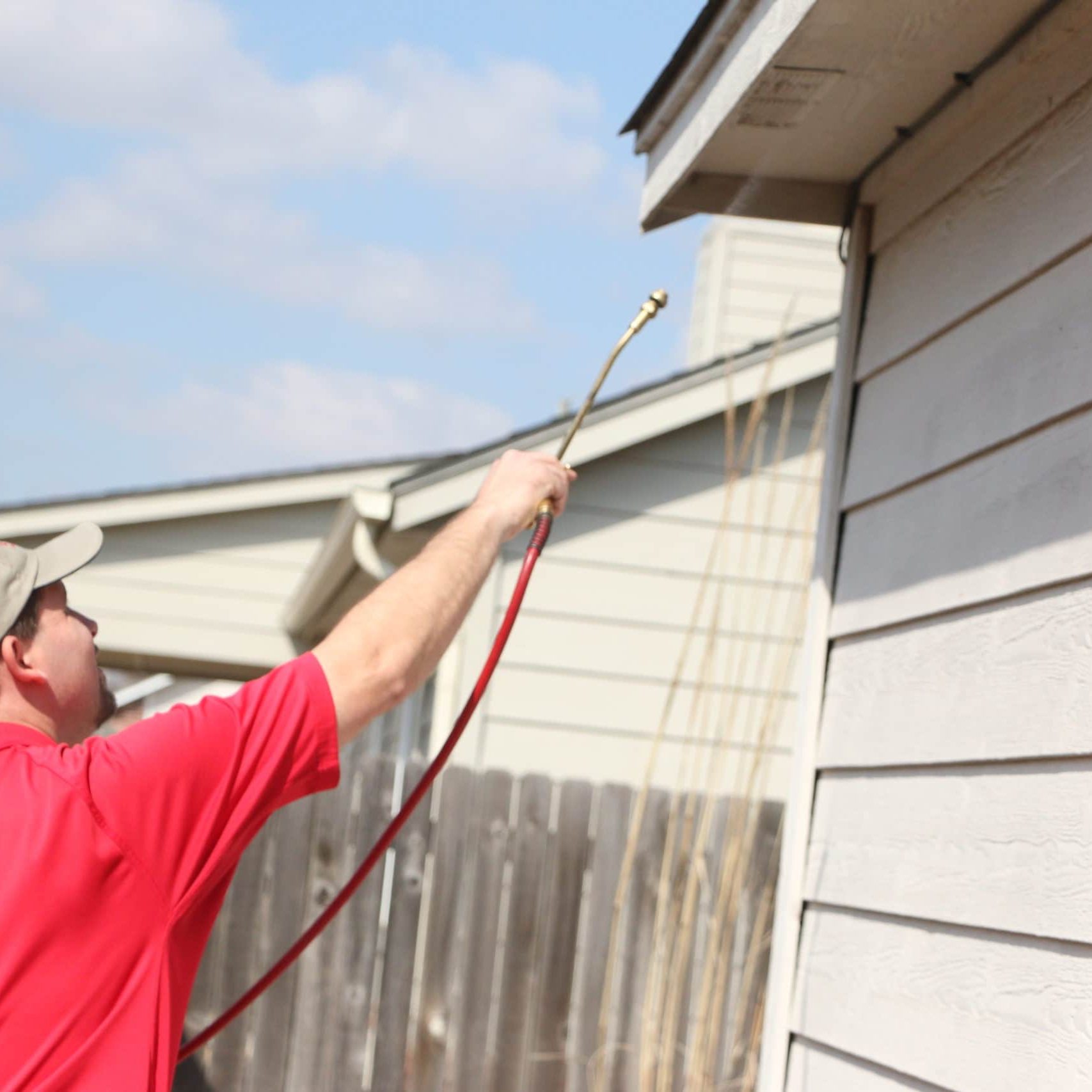For property managers, ensuring a safe and healthy living environment for tenants is a top priority. Yet, when it comes to pest control, navigating the maze of regulations can be both daunting and essential. Proper adherence to pest control laws not only safeguards your property but also protects the health of your tenants. Failure to comply with these regulations can lead to significant consequences, ranging from legal repercussions to severe health risks. In this post, we will explore the various pest control regulations applicable to property managers, the importance of compliance, and best practices that ensure you stay within the legal boundaries while effectively managing pest issues.
I. Understanding Pest Control Regulations
A. What Are Pest Control Regulations?
Pest control regulations are a set of laws and guidelines established to ensure the safe and effective management of pests in residential and commercial properties. These regulations aim to protect public health, the environment, and property integrity. They are typically enforced at multiple levels:
- Federal Regulations: Administered by agencies like the Environmental Protection Agency (EPA), federal regulations set baseline standards for pest control practices and pesticide usage.
- State Regulations: Each state may have its own set of rules and regulations that govern pest control, including licensing for pest control companies.
- Local Regulations: Local municipalities often impose additional regulations based on community-specific needs, such as urban wildlife management concerns.

B. Different Types of Regulations
Pest control regulations cover a variety of areas, including:
- Environmental Safety Laws: Regulations about the safe usage of pesticides to prevent harm to the environment and non-target species.
- Public Health Codes: Guidelines that ensure pest management strategies do not pose a risk to human health.
- Housing Regulations: Requirements concerning the maintenance of rental properties, including the control of infestations and the responsibilities of property managers.
Understanding these regulations is essential for compliance and maintaining a safe dwelling for tenants.
IV. Best Practices for Compliance
Investing in proper training for property management staff is vital:
- Ongoing Education: Property managers should participate in training and conferences related to pest control regulations. This helps staff stay informed about any changes in local laws and updated best practices.
- Certification Programs: Encourage participation in certification programs that further enhance knowledge about pest control and compliance.
Keeping abreast of education ensures property managers are knowledgeable about the most effective and compliant pest management strategies.
Accurate record-keeping is essential for demonstrating compliance:
- Inspection Reports: Maintain records of all pest inspections, treatments conducted, and follow-up actions.
- Communication Logs: Keep a log of all tenant communications regarding pest issues. This documentation can provide vital evidence in case of disputes.
Proper documentation not only helps in managing pest control strategies but also guards against legal repercussions.
Building strong relationships with reputable pest management companies can greatly enhance compliance efforts:
- Choosing the Right Partner: When selecting a pest control provider, prioritize companies that prioritize compliance and have a good reputation in the industry.
- Sharing Knowledge: Foster a relationship where you can openly discuss pest management strategies and ensure compliance with regulations.
A strong partnership with knowledgeable pest control professionals can streamline compliance and enhance the effectiveness of pest management efforts.
At Emtec Pest Control, we are committed to safe and responsible pest control. We understand that your family’s safety is your number one priority, so we make it our priority, too.
If you have any other questions about any of these pests or pest control for your home or business, contact your Oklahoma pest control experts at Emtec Pest Control by calling us or by filling out our online contact form.

